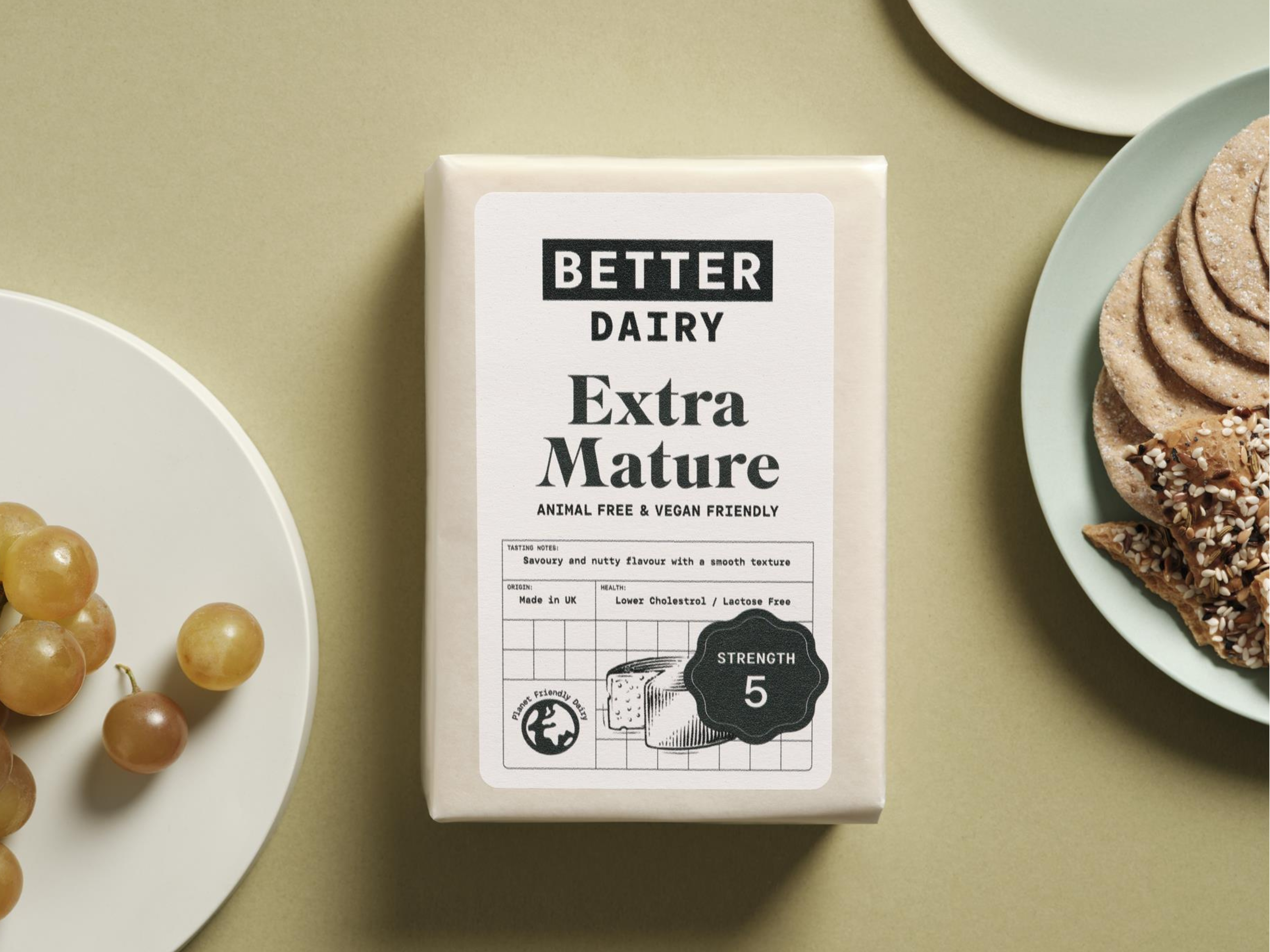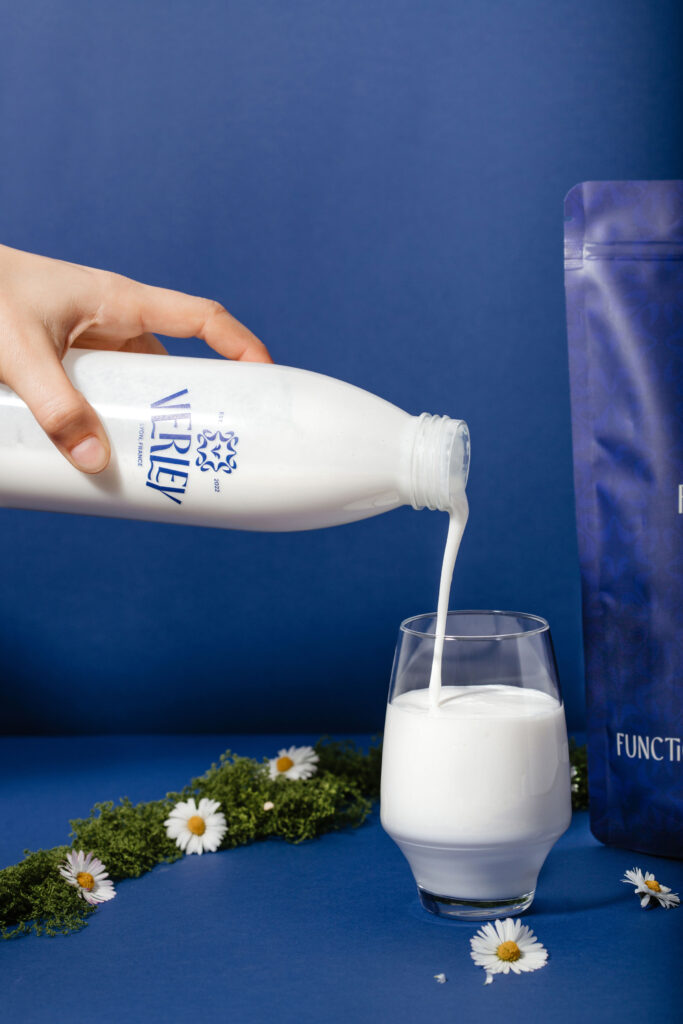
Regulatory expert Stephen O’Rourke suggests that for food tech founders, the real advantage isn’t speed – it’s knowing what regulators expect before you apply.
Ask any food tech founder what keeps them up at night, and regulation is usually high on the list. It’s not that safety rules are unwelcome — it’s the uncertainty. You can spend years building your product and your team, only to discover that regulators want a completely different evidence package than the one you’ve prepared. By then, you’ve burned through capital you can’t get back.
That’s why the UK’s new Market Authorisation Innovation Research Programme (IRP) is worth paying attention to. Announced in September by the Food Standards Agency (FSA) and Food Standards Scotland (FSS), it’s a one-year pilot offering a guidance hub and direct support service for companies navigating the novel foods system. The first focus? Precision fermentation.
Why precision fermentation?

It makes sense. Precision fermentation is one of the fastest-growing areas in food innovation. Instead of cows or chickens, engineered microbes like yeast and fungi are being used to make dairy proteins, egg alternatives, and specialty fats.
Several of these categories are already lining up for authorisation in the UK. Brewing casein or whey proteins in a fermenter, for example, raises questions regulators haven’t faced before. Is the microorganism safe? What toxicology data is needed? How should “equivalence” with conventional proteins be defined?
By choosing this as its first test case, the FSA is signalling something important: it doesn’t just want to police innovation after the fact. It wants to learn alongside the companies building it.
The EU comparison
The contrast with the EU is obvious, but it’s not black and white. The European Food Safety Authority’s (EFSA) system is slow partly because it has to be. Its mandate is to protect 450 million consumers under strict legal definitions that leave little room for flexibility. That scale and responsibility naturally add time and complexity.
Still, for startups, the result is painful: approvals that take years, dossiers that get stuck in lengthy back-and-forths, and scarce feedback along the way.
The UK is trying a different playbook. By offering early guidance and a sandbox approach, it hopes to become a first-choice launch market. No one is pretending this replaces EU access, but for a founder, it could mean proving your concept in one market before facing EFSA’s longer process.
What founders actually gain

Here’s the crux: the real win here isn’t faster approvals. Science and safety checks take the time they take.
The real win is clarity.
I see this again and again working with startups: the hardest part is not knowing what regulators will call “enough”. One team spends a year on human trials, only to be told that animal data would have sufficed. Another invests in a costly toxicology package that turns out to be unnecessary.
These aren’t just academic choices; they decide whether you still have money in the bank by the time the decision comes. If programmes like the IRP can give companies a read-out earlier – here’s what we’ll expect, here’s what you don’t need – it can save startups years and millions.
Of course, no one-year pilot will fix the structural bottlenecks in global food regulation. Unless initiatives like this turn into permanent services, there’s a risk they become a one-off experiment.
But that doesn’t diminish its importance. For once, regulators are signalling that they see themselves as part of the ecosystem, not just the final hurdle. That shift in mindset matters.
Why it matters
For investors, this could reshape the map. A VC deciding where to back a Series A food tech team may well see the UK as a de-risked entry point, with clearer timelines and lower regulatory uncertainty. That makes capital more likely to flow — and companies more likely to survive.
And for founders, the lesson is simple: don’t just think about speed. Think about certainty. Knowing what’s expected, and knowing it early, is often the difference between scaling your company and running out of road.
It’s a pattern I see often in my work with startups: clarity early on makes the difference between a company that thrives and one that burns out. Programmes like the IRP won’t remove every barrier, but they do something equally important: they show that regulation doesn’t have to be a wall.
Done badly, regulation is a wall. Done well, it’s scaffolding – not stopping you, but helping you reach the next stage.
The post Opinion: The UK’s Precision Fermentation Pilot is Proof That Regulation is A Startup Ally appeared first on Green Queen.
This post was originally published on Green Queen.